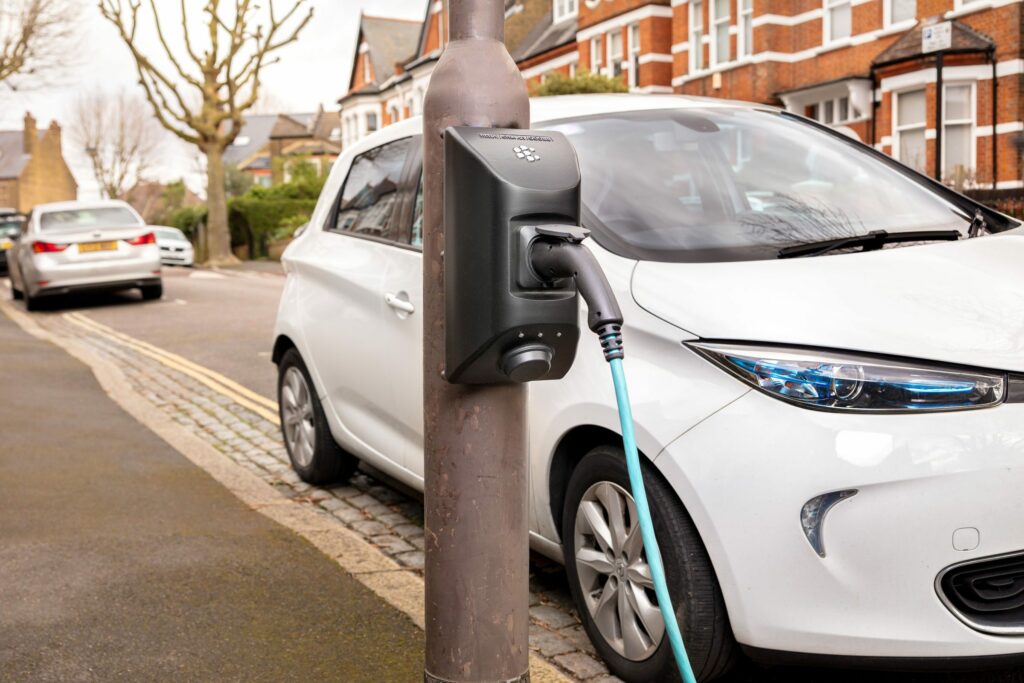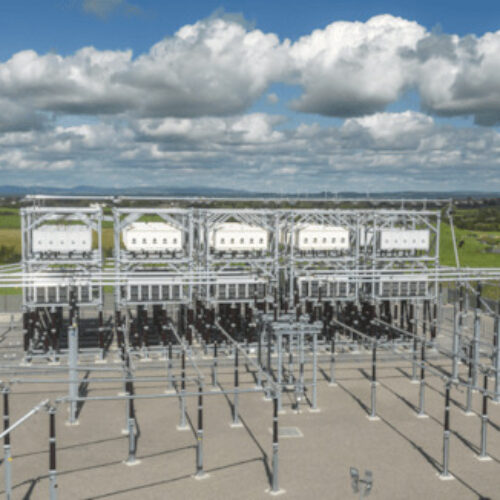Chargepoint operator (CPO) EZ-Charge has called on the UK government to reduce the 20% VAT currently applied to public charging points.
As it stands, electric vehicle (EV) users in the UK pay four times more tax charging from public points than charging from home, with private charging set at 5% VAT.
The reduced rate of VAT is known as the ‘de minimis’ provision, as detailed by HM Revenue and Customs (HMRC) in 2021, and applies if the supply of electricity is on-going, is to a person’s house or building and is less than 1,000kW hours per month.
According to many EV industry players, including EZ-Charge, this taxation deters internal combustion engine (ICE) vehicle drivers from converting to EVs.
Philip Shadbolt OBE, founder and CEO of EZ-Charge said: “We are in the thick of a climate emergency and a cost-of-living crisis, so it’s the right thing to do. Parity in VAT between home and public charging would create a fairer landscape and help continue growth of the sector.”
Previous VAT protest efforts
The so-called “pavement tax” has been met with opposition from the start, primarily because the UK relies so heavily on access to public charging as a result of its residential architecture.
Car manufacturer Vauxhall released research in August 2023 which approximated that 40% of UK households do not have a driveway or access to off-street parking, a figure that rises to 60% in urban areas.
The research also revealed that 80% of all EV charging in the UK was being done at home, partially because 71.6% of UK councils had not published any strategy for residential on-street EV charging.
The nation’s dependence on public charging has therefore resulted in callouts before EZ-Charge’s attempt, most significantly an open letter from EV advocate group FairCharge alongside 44 MPs sent to chancellor of the exchequer Jeremy Hunt in March 2023.
According to FairCharge, those living in terraced housing, flats and apartment blocks are “doubly disadvantaged” as they are unable to access more competitive home charging tariffs and face the pavement tax.
This open letter, as is evident from EZ-Charge’s current campaign, was unsuccessful. Nevertheless, hope for the future remains as other renewable projects have been made exempt from VAT in recent months.
As reported on our sister site Solar Power Portal, the 2022 Spring Statement excluded domestic equipment such as heat pumps and roof-mounted solar, as well as battery energy storage systems (BESS), from VAT.
Most recently, retrofitted BESS will now also be exempt from the tax, as the UK makes moves to incentivise the energy transition.





